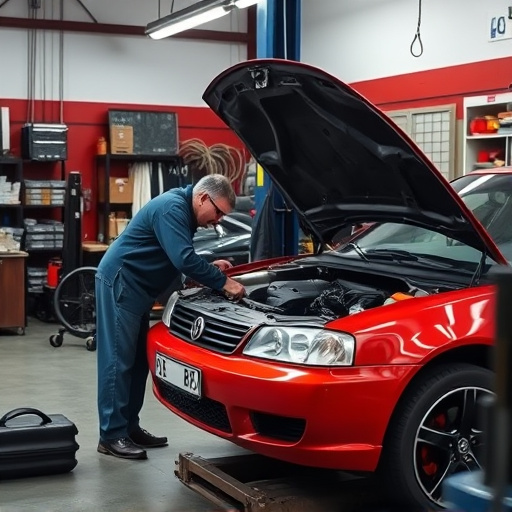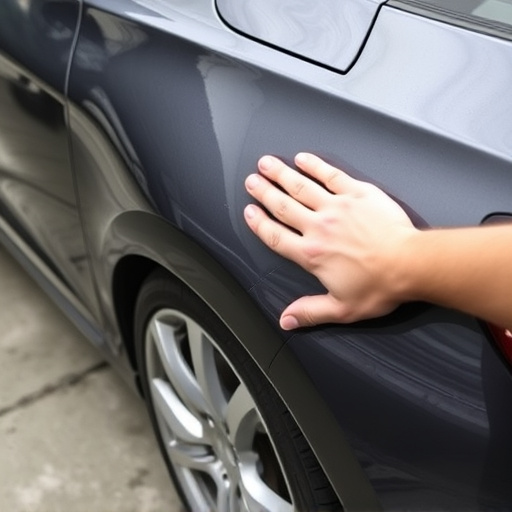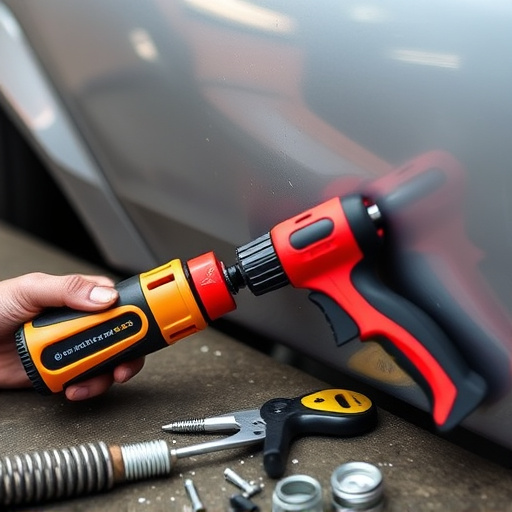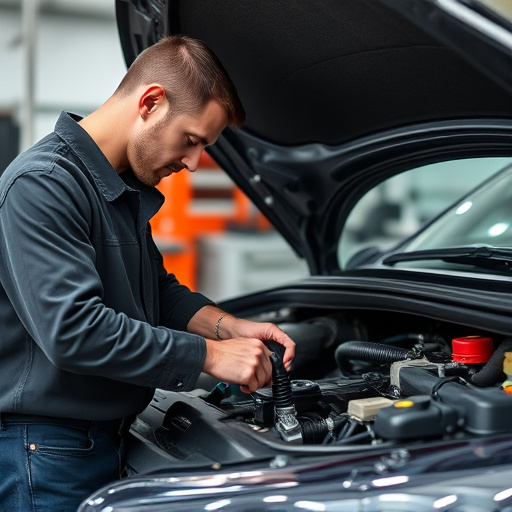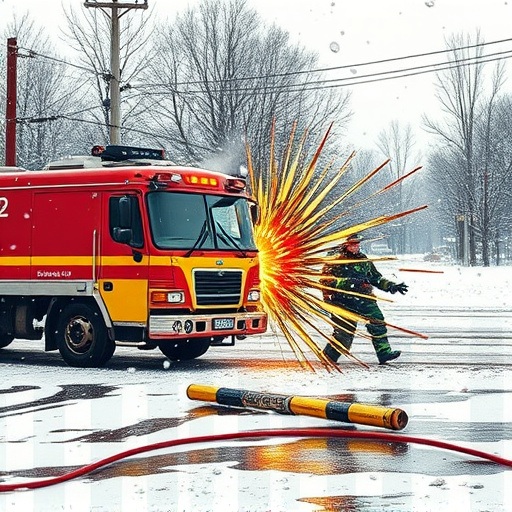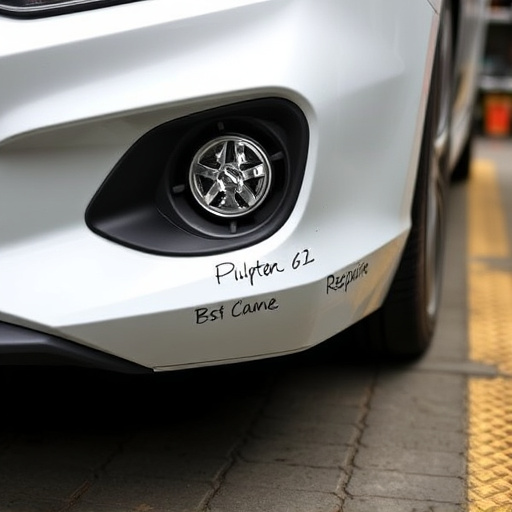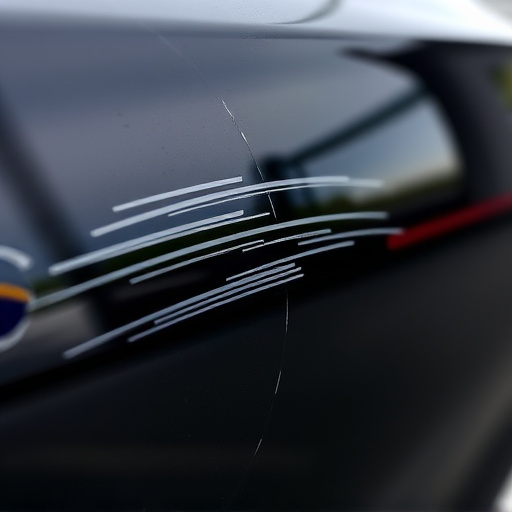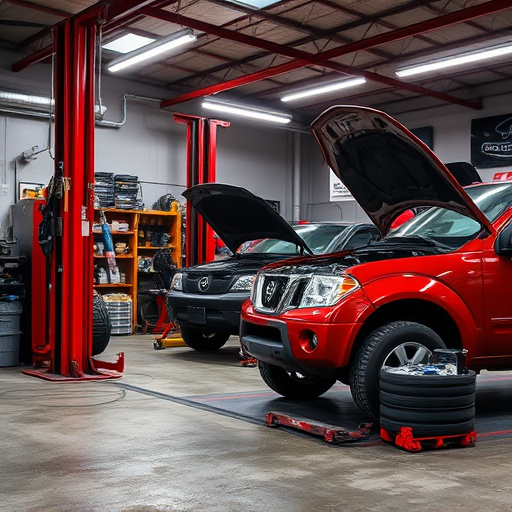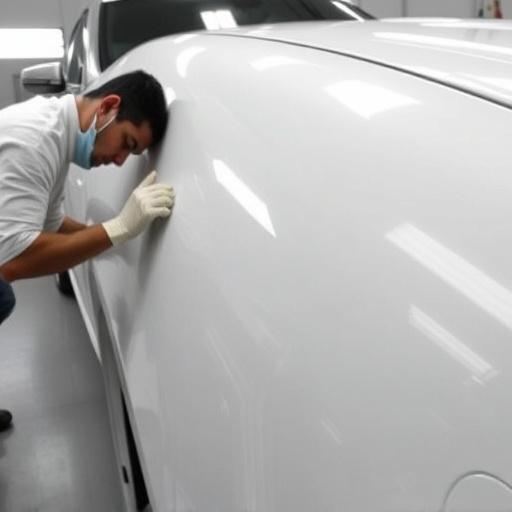TL;DR: Repair Specification Compliance is a cornerstone of automotive service, ensuring vehicles are repaired to OEM standards through adherence to manufacturer-set guidelines for auto glass, body repairs, and body work. This practice guarantees optimal vehicle performance, safety, and customer satisfaction, fostering dealer-shop partnerships. Prioritizing repair specification compliance enhances operational efficiency, improves customer loyalty, and acts as a competitive differentiator in the market. It's crucial for achieving quality repairs, boosting customer trust, and encouraging long-term relationships, ultimately contributing to dealership success.
“In the automotive industry, maintaining repair specification compliance is paramount. Dealerships trust shops that adhere to these standards as it ensures high-quality repairs and satisfied customers. This article delves into the fundamentals of repair specification compliance, explores its advantages for dealerships, and highlights how it fosters excellence in service. By understanding these key aspects, auto businesses can enhance their operations and build stronger relationships with clients.”
- Understanding Repair Specification Compliance: The Basics
- Benefits of Spec Compliance for Dealerships
- Ensuring Quality and Customer Satisfaction through Compliance
Understanding Repair Specification Compliance: The Basics
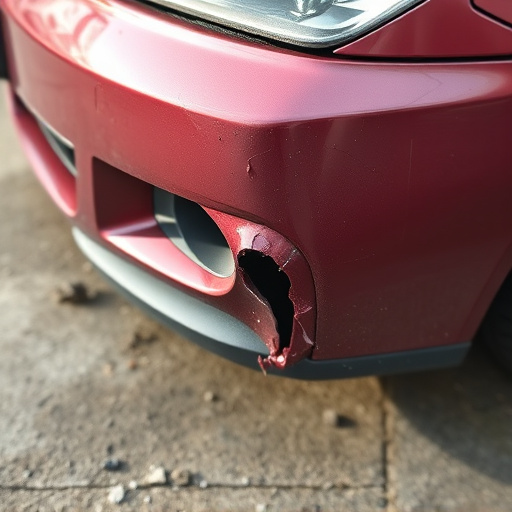
Repair Specification Compliance is a crucial aspect of automotive service that ensures vehicles are repaired to original equipment manufacturer (OEM) standards. It involves adhering strictly to the technical guidelines and procedures outlined by the vehicle’s maker for specific repair jobs, including auto glass repair, car body repair, and vehicle body repair. This compliance guarantees that the repaired vehicle not only functions optimally but also maintains its original safety and quality standards.
Dealers trust shops with robust repair specification compliance because it ensures consistent and reliable results. By following these guidelines, repair shops demonstrate their commitment to high-quality work, which boosts customer satisfaction and builds a strong reputation for the shop. This trust is essential in fostering long-term partnerships between dealerships and repair facilities, ensuring ongoing business and mutual success.
Benefits of Spec Compliance for Dealerships
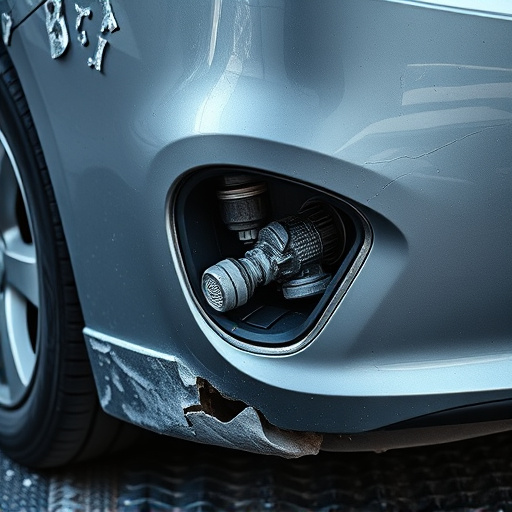
Dealerships that prioritize repair specification compliance reap significant benefits, enhancing their operational efficiency and customer satisfaction. By adhering to manufacturer-set guidelines for vehicle repairs, dealerships ensure that every service or replacement part meets the exacting standards of the brand. This precision is crucial in maintaining the integrity of the vehicle’s design, performance, and overall quality.
Moreover, repair specification compliance fosters trust between dealerships and their customers. When a dealership guarantees spec-compliant work from trusted auto repair shops, it reassures clients that their vehicles are in capable hands. This leads to stronger relationships and increased loyalty among customers who value the reliability and safety of their cars. For collision repair centers or vehicle repair services aiming to stand out in a competitive market, demonstrating compliance with manufacturer specifications can be a powerful differentiator.
Ensuring Quality and Customer Satisfaction through Compliance
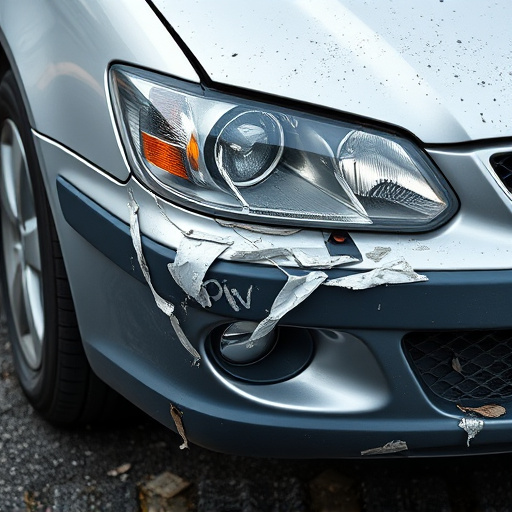
Ensuring quality and customer satisfaction go hand in hand when it comes to vehicle repair and maintenance. Repair specification compliance plays a pivotal role in achieving both goals. By adhering to the strictest standards and guidelines, shops can guarantee that repairs are not only precise but also meet the original manufacturer’s specifications. This meticulous attention to detail ensures that vehicles return to their pre-accident condition, maintaining their safety and performance.
When dealerships trust shops with repair specification compliance, it translates into a positive customer experience. Accurate vehicle restoration, whether it involves auto body painting or complex paint repairs, boosts customer confidence in the shop’s capabilities. Satisfied customers are more likely to return for future services, fostering long-term relationships and contributing to the dealership’s overall success.
Dealerships trust shops with robust repair specification compliance because it ensures high-quality, consistent repairs, fostering customer satisfaction. By adhering to manufacturer specifications, shops demonstrate professionalism and maintain dealership relationships crucial for business continuity. Repair specification compliance is not just a best practice; it’s a key differentiator in a competitive market, ensuring that vehicles are serviced accurately and efficiently, leaving customers satisfied and returning for future maintenance needs.


